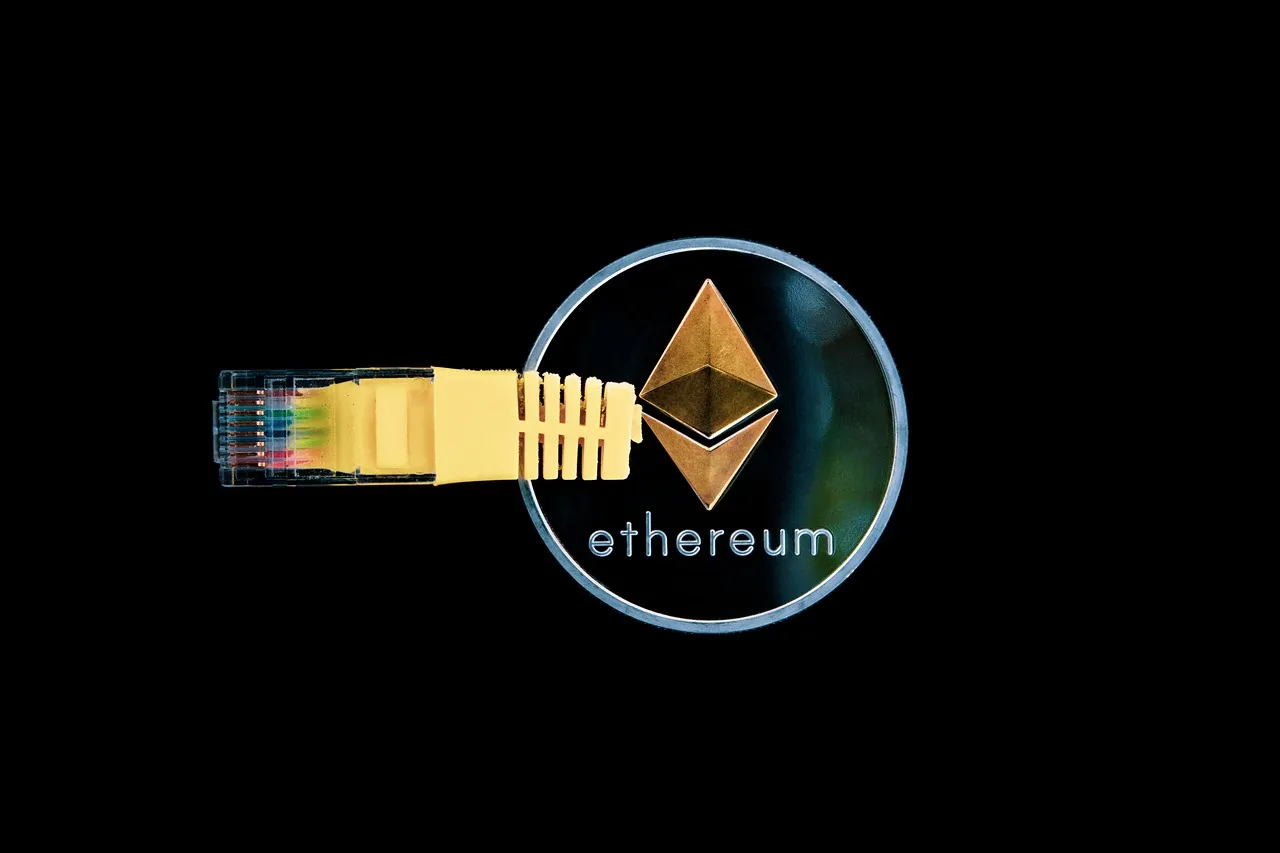Decentralized payment systems are a key feature of decentralized applications (DApps) that allow users to transact with each other without the need for a central intermediary or privately owned or operated by a specific institution such as a bank. Decentralized payment systems can be used to facilitate transactions in various DApps, including peer-to-peer marketplaces, gaming platforms, and social networks. Some key aspects of decentralized payment systems in DApps are discussed below.
Smart Contracts: Smart contracts are self-executing contracts with the terms of the agreement directly written into code. Smart contracts are used in decentralized payment systems to enforce the rules of the transaction, such as the release of funds upon completion of a task.

Cryptocurrencies: Decentralized payment systems in DApps typically use cryptocurrencies such as Bitcoin or Ethereum as the means of exchange. These cryptocurrencies are secured by the blockchain, which ensures the immutability and transparency of transactions.
Micropayments: Decentralized payment systems can facilitate micropayments, which are small payments for goods or services that would be impractical or uneconomical with traditional payment systems. Micropayments can enable new business models, such as pay-per-use services, that were previously not feasible.
Decentralized payment systems are a key feature of DApps that enable users to transact with each other without the need for a centralized intermediary. Decentralized payment systems use cryptocurrencies such as Bitcoin or Ethereum as the means of exchange and are secured by the blockchain.
Privacy: Privacy is a critical concern for decentralized payment systems, as transactions are recorded on a public blockchain. Some DApps use privacy-enhancing technologies such as zero-knowledge proofs or ring signatures to obfuscate the transaction details and protect user privacy.